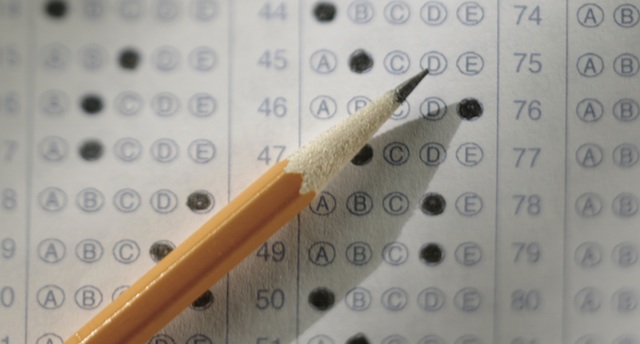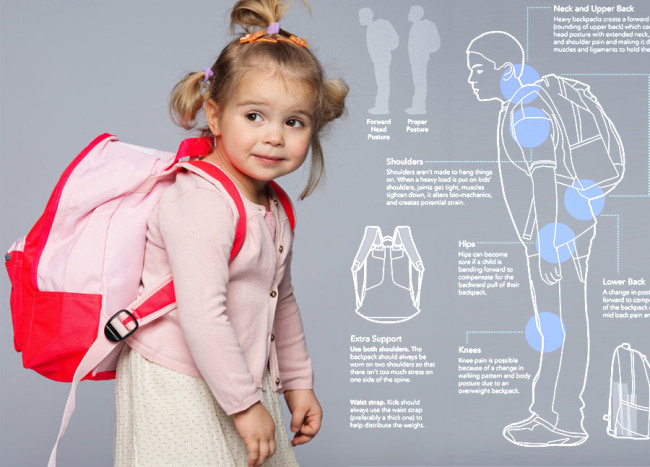
Now that we’re two months into the school year, there are couple of things to keep a look out for, such as a  lunches, heavy backpacks, and sleepiness. Here are a few tips to help your child stay as healthy as possible to help them both enjoy and perform well at school.
lunches, heavy backpacks, and sleepiness. Here are a few tips to help your child stay as healthy as possible to help them both enjoy and perform well at school.
A Healthy Back: As your child heads out the door for school, the first thing that he/she puts on is their backpack. It is an essential part of everyday life that no student can go without.

A recent study showed that 40 percent of school bullying goes unreported. It is unknown if it is because of insensitivity,  it’s become so normal in our societies, or we simply are unable to identify it. One thing is certain, it’s time to actually do something about it.
it’s become so normal in our societies, or we simply are unable to identify it. One thing is certain, it’s time to actually do something about it.
Bullying has become an epidemic in the United States, and social media has taken it to another level.
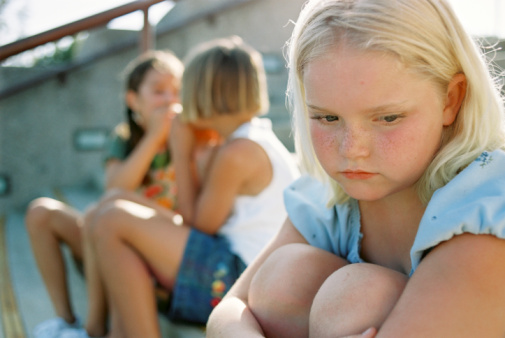
Whether we recognize it or not, one of the most difficult aspects of growing up is dealing with the complex 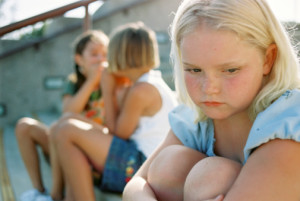 world of cliques. Parents want to help their children but are often unsure of how or when to get involved.
world of cliques. Parents want to help their children but are often unsure of how or when to get involved.
What are cliques? Cliques are groups of friends, but not all groups of friends are cliques. What makes up a clique is when they leave some kids out of the group on purpose.

So many people have similar stories of their children being at the top of their class at one school but  then fall behind at another. Now, not only have they fallen behind, but it is difficult for them to catch up. This is what many educators around the nation hoped the academic standards for the common core subjects of math and English would address.
then fall behind at another. Now, not only have they fallen behind, but it is difficult for them to catch up. This is what many educators around the nation hoped the academic standards for the common core subjects of math and English would address.
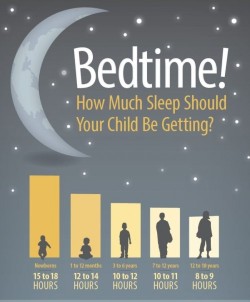
In a survey conducted by pediatric behavior authors of “Sleep habits and sleep disturbances in 
Dutch children: a population-based study” found that kindergarten through fourth grade kids and their teachers reported that about 10% of the kids were falling asleep in school.
You know your child needs less sleep now than when he/she was a baby, but how much much sleep? Everyone is different, some need more sleep and others need less. Most kids need a lot more sleep than what has previously been known of the 8-9 hours. According to the National Sleep Foundation, a child that has poor sleep habits, refuses to nap, or go to bed before 10 at night, is assumed that he or she just doesn’t need much sleep. However, that is not the case. In fact, it is more likely the child is actually sleep-deprived, which then results in hyper or overtired behavior at bedtime.

Let’s face it is difficult to “fit in” all that needs to be done in a day. We are often faced with having to  make choices about what stays and what goes in our schedules. So, why is it so critical to include 20 minutes of reading in your child’s daily schedule? There is a abundance of research which supports the benefits of daily reading with your child. Here are a few of the ways reading with your child for 20 (or more) minutes a day benefits him or her.
make choices about what stays and what goes in our schedules. So, why is it so critical to include 20 minutes of reading in your child’s daily schedule? There is a abundance of research which supports the benefits of daily reading with your child. Here are a few of the ways reading with your child for 20 (or more) minutes a day benefits him or her.
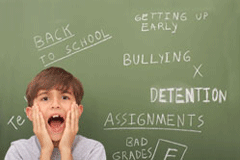
By now your child should be comfortable with a weekly morning routine. However, some children  may be experiencing anxiety about going to school which turns into a daunting challenge every morning; a task that quickly makes parents lose their patience quickly. It hurts to watch your child struggle with stressful situations that you don’t deem to be scary. Here are five anxiety easing tips and tricks that parents of anxious children should try:
may be experiencing anxiety about going to school which turns into a daunting challenge every morning; a task that quickly makes parents lose their patience quickly. It hurts to watch your child struggle with stressful situations that you don’t deem to be scary. Here are five anxiety easing tips and tricks that parents of anxious children should try:


Children can make friends very quickly. Many parents fail to get involved about bad influences until it’s too late. Because of that, we must teach them early on about the importance of choosing the right friends. While you may not be able to choose their friends directly, however, you can teach them how to choose wisely. It is invaluable to teach children what a good friend, rather than make the decision for them.

This a loaded question, but one that many people wonder about. The answer is not as simple as many would hope. In fact, there are several reasons why public schools observe Jewish holidays, and the answer starts with your school district. So how does the school district decide which holidays it is going to observe?


